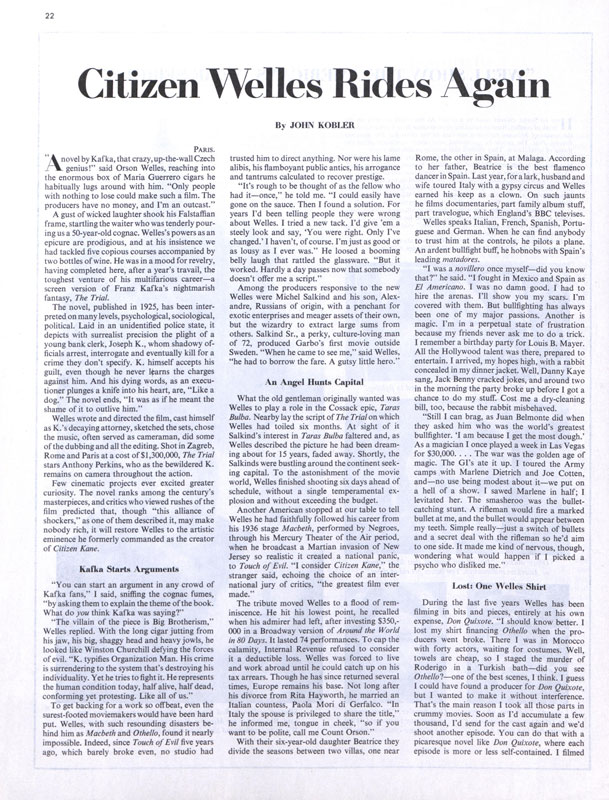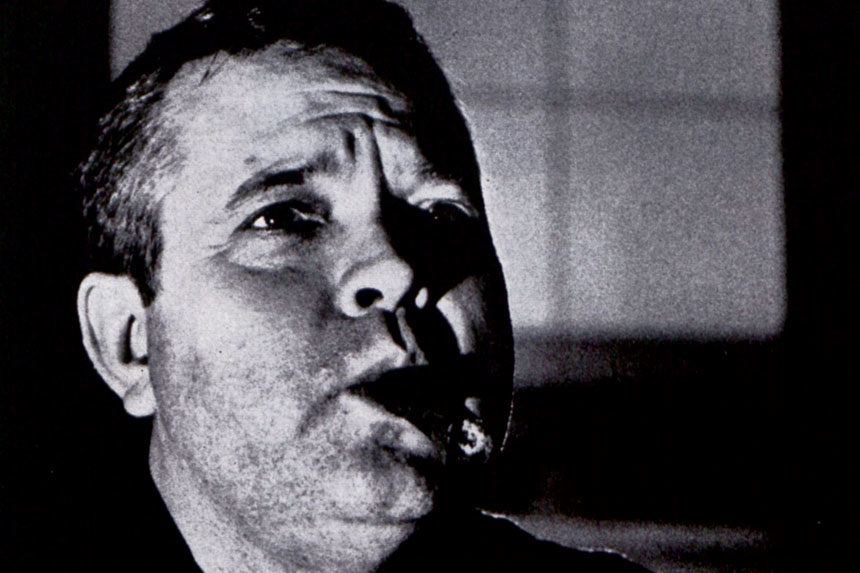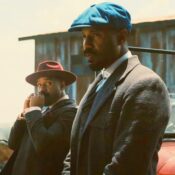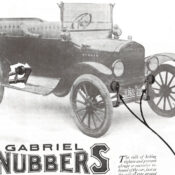Orson Welles, with such resounding disasters behind him as Macbeth and Othello, found it nearly impossible [to get funding for a movie]. Indeed, since Touch of Evil five years ago, which barely broke even, no studio had trusted him to direct anything. Nor were his lame alibis, his flamboyant public antics, his arrogance and tantrums calculated to recover prestige.
“It’s rough to be thought of as the fellow who had it — once. I could easily have gone on the sauce. Then I found a solution. For years I’d been telling people they were wrong about Welles. I tried a new tack. I’d give ’em a steely look and say, ‘You were right. Only I’ve changed.’ I haven’t, of course. I’m just as good or as lousy as I ever was. But it worked. Hardly a day passes now that somebody doesn’t offer me a script.”
Orson Welles hit his lowest point after investing $350,000 in a Broadway version of Around the World in 80 Days. It lasted 74 performances. To cap the calamity, Internal Revenue refused to consider it a deductible loss. Welles was forced to live and work abroad until he could catch up on his tax arrears.
“Don’t get me wrong about me and my country. I’d give my eyeteeth to be there this minute. But I’m respected in America less than anywhere else. You know what The Times wrote about The Long Hot Summer?”
He quoted with a grimace, like a man tasting a bad egg,
“‘Orson Welles, so help us, does a pretty good job.’ Over here [in Europe], serious critics take me seriously. Look, I’m a migratory worker. I go where the jobs are, like a cherry picker. All I need is a friendly smile and an offer, and I’ll be on the next plane.”
—“Citizen Welles Rides Again”
by John Kobler, December 8, 1962

This article appears in the November/December 2022 issue of The Saturday Evening Post. Subscribe to the magazine for more art, inspiring stories, fiction, humor, and features from our archives.
Become a Saturday Evening Post member and enjoy unlimited access. Subscribe now




Comments
Thank you very much.
Really interesting to read a different version of The Trial s origin.